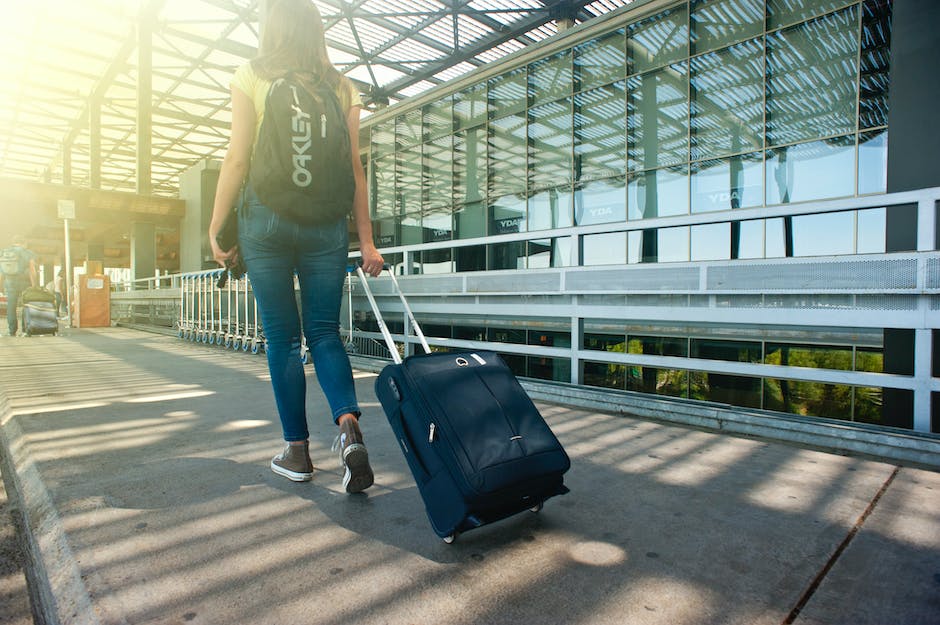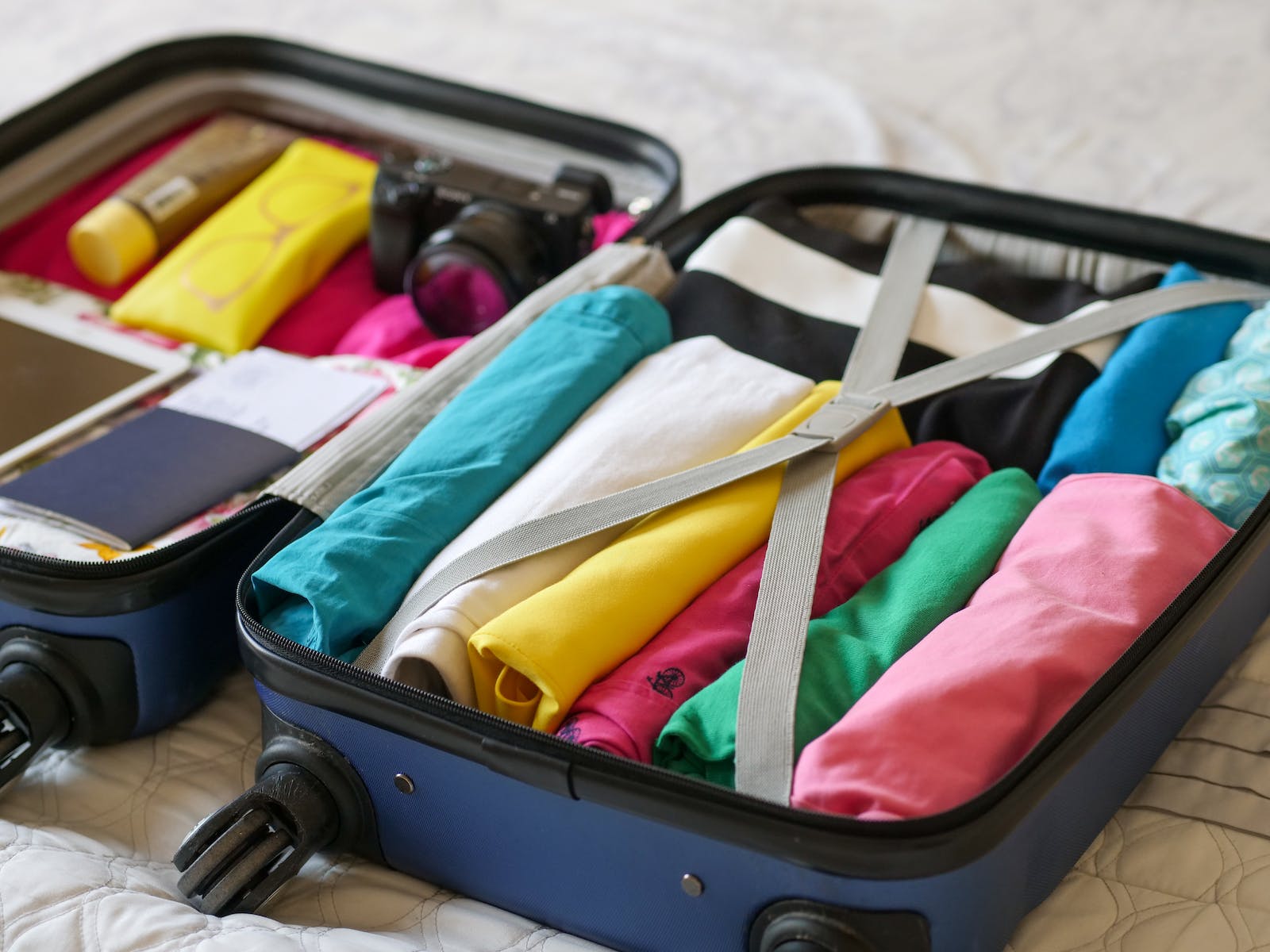Softcase Suitcase: The Good and the Bad
Discover the Pros and Cons of Softcase Suitcases
As frequent travelers know, the type of suitcase you choose can greatly impact your travel experience. Softcase suitcases have gained popularity in recent years due to their lightweight and flexible design. However, like any travel gear, they have their own set of benefits and drawbacks. In this article, we'll delve into the advantages and disadvantages of using a softcase suitcase to help you make an informed decision for your next trip.
When it comes to choosing the right luggage, there are various factors to consider, including durability, weight, and ease of use. Softcase suitcases offer unique features that cater to specific travel needs, but they also come with limitations that may not suit every traveler. Let's explore the pros and cons of softcase suitcases in detail.
Pros
When it comes to travel gear, softcase suitcases offer a range of benefits that appeal to different types of travelers. From flexibility to packing efficiency, these suitcases have several advantages that make them a popular choice. Let's explore the advantages of using a softcase suitcase for your travels.
Lightweight and Flexible Design
Softcase suitcases are often lighter than hardshell ones, making them easier to lift and maneuver. Their flexible exterior also allows them to fit into tight spaces, such as overhead compartments on planes or cramped trunks in cars. This makes them ideal for travelers who prioritize mobility and convenience.
Expandable Capacity
Many softcase suitcases are equipped with expandable features, allowing travelers to adjust the storage capacity based on their needs. This flexibility comes in handy when returning from a trip with more items than initially packed. The ability to expand the suitcase provides added convenience for impromptu shopping or souvenirs.
Shock Absorption
The soft and pliable material of these suitcases offers a degree of shock absorption, providing protection to the contents inside. This feature can be particularly beneficial for travelers carrying fragile items or electronics, as it helps minimize the impact of rough handling during transit.
Easier to Store
Softcase suitcases are typically easier to store when not in use, as they can be collapsed or flattened to save space. This is advantageous for travelers with limited storage space at home or those who need to pack an additional bag for their return journey. The ability to store the suitcase compactly is a practical feature in various travel scenarios.
Versatile Exterior Pockets
Many softcase suitcases are designed with exterior pockets, providing convenient access to essential items such as travel documents, water bottles, or snacks. These pockets offer organizational benefits and allow travelers to keep frequently used items within easy reach. The added versatility enhances the overall functionality of the suitcase.
Customizable Appearance
Softcase suitcases often come in a variety of colors and patterns, allowing travelers to choose a suitcase that reflects their personal style. This customization can make it easier to spot the suitcase on a luggage carousel and adds a touch of individuality to the travel experience.
Easy to Maneuver
The flexibility and lightweight nature of softcase suitcases make them easier to maneuver through crowded airports, train stations, and other travel hubs. This can reduce the physical strain on travelers and make navigating through busy environments more manageable.
Missing a pro?
Let us know which pro you are missing!
Cons
While softcase suitcases have numerous advantages, they are not without their limitations. It's important for travelers to weigh the drawbacks and assess whether they align with their specific travel needs and preferences. Let's take a closer look at the potential disadvantages of using a softcase suitcase for your journeys.
Limited Durability
Compared to hardshell suitcases, softcase variants may have reduced durability, especially when exposed to rough handling. The fabric exterior is susceptible to tears, abrasions, and punctures, which can compromise the longevity of the suitcase. This aspect is a concern for travelers who frequent destinations with challenging terrains or harsh handling conditions.
Less Protection for Contents
While softcase suitcases offer some degree of shock absorption, they may provide less protection against impact compared to hardshell counterparts. Fragile items or valuables packed within a softcase may be more vulnerable to damage if the suitcase undergoes intense jostling or crushing during transit. This drawback is important to consider for travelers with delicate or valuable belongings.
Susceptibility to Stains and Soiling
The fabric exterior of softcase suitcases is prone to staining and soiling, particularly when exposed to dusty or muddy environments. Travelers may find it challenging to maintain the pristine appearance of their suitcase, especially during outdoor adventures or in locations with unpredictable weather conditions. The susceptibility to stains can be a notable concern for those who prioritize aesthetics and cleanliness.
Limited Weather Resistance
Softcase suitcases may offer limited protection against adverse weather conditions, such as heavy rain or snow. The fabric exterior and zippers can be vulnerable to moisture penetration, potentially exposing the contents to dampness. Travelers venturing into regions with inclement weather need to consider the reduced weather resistance of softcase suitcases and take appropriate measures to safeguard their belongings.
Challenges in Maintenance and Cleaning
Maintaining the cleanliness and condition of a softcase suitcase can be more demanding compared to hardshell counterparts. The fabric exterior and intricate designs of some softcase models may require specialized cleaning methods and regular upkeep to preserve their appearance. Travelers who prefer low-maintenance luggage options may find the cleaning process cumbersome.
Security Concerns
Softcase suitcases may be more susceptible to tampering due to their flexible and less rigid structure compared to hardshell suitcases. This can raise concerns about the security of the contents during travel, especially in situations where the suitcase is out of sight or when stored in communal areas.
Puncture Risk
Softcase suitcases are more vulnerable to punctures from sharp objects or rough handling, which can potentially lead to damage to the contents or the suitcase itself. Travelers need to be cautious when packing fragile items and consider additional protective measures to reduce the risk of punctures.
Missing a con?
Let us know which con you are missing!
Conclusion
In conclusion, softcase suitcases offer notable advantages in terms of flexibility, lightweight design, and storage versatility, making them suitable for various travel situations. However, the potential drawbacks concerning durability, protection, and maintenance should be carefully evaluated by travelers before making a purchase decision. Ultimately, the choice between a softcase and hardshell suitcase depends on individual preferences, travel habits, and destination requirements.
What do you think?
Do you think the pros outweigh the cons?






